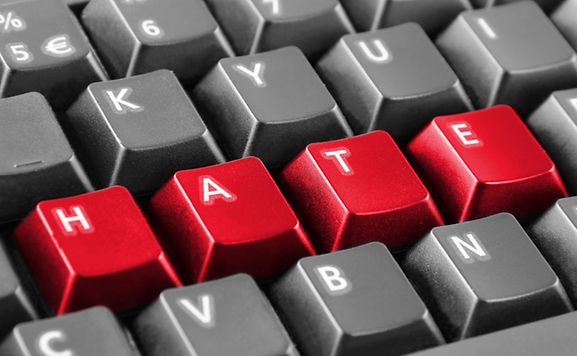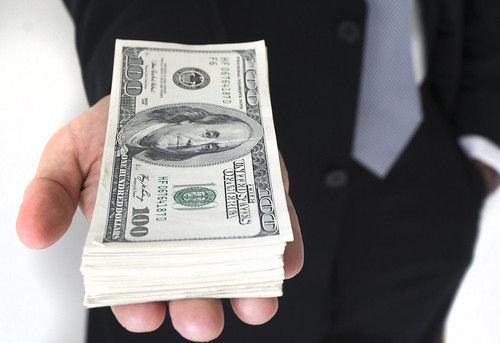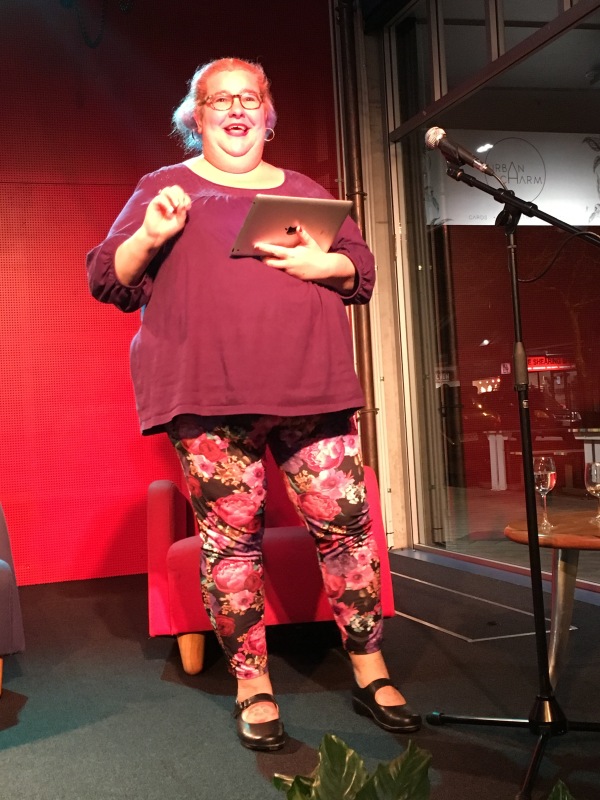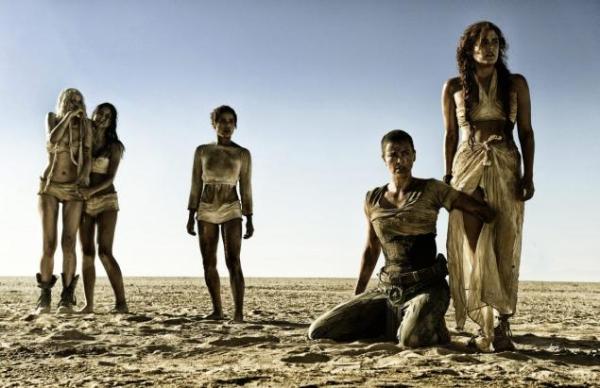Sometimes I am really honoured by the things that come to me thanks to my writing and activism. This week, I sent out a tweet (below) that was shared far and wide and ended up bringing me to being interviewed by a writer for Essence magazine, which for me is truly an honour. I’m still a little stunned that my tweet, which was aimed at speaking to the white women writers in my sphere, could take me places like this.
I have been trying to decide if I was going to publish this interview in full here, as it was a very long interview and only an abridged version appeared, but over the past couple of days having to endure a completely tone-deaf, self-entitled campaign by one butthurt white woman on Facebook in response to the article, I think I need to share it. Not to speak for any black people but again to speak TO white people who just don’t get it. Who just don’t get that sometimes, art or media is not produced for us and we need to just sit down and listen to what black people are saying. Hopefully if I can reach one other white person by sharing this full interview, it will be one less person offering a “hot take” on something that simply isn’t theirs to comment on.

So, without any further ado, here’s the interview reproduced exactly as I sent it to Aliya S. King of Essence…
What have you seen in the media that made you even think about Formation in this way? Were there other topics you felt white women tackled that perhaps they shouldn’t have? Or should have done so with more nuance or from a different place?
I’ve been a fan of Beyoncé for a long time, and over the years I’ve seen so many think pieces and “hot takes” from white writers, and men for that matter, that just made me cringe with how self absorbed they were. One thing I’ve always believed is that not all art is made for everyone and music can be far more than something to tap your toes to. Sometimes a piece of art is made to make a statement, or to speak to and/or for a particular set of people. What a piece of art makes you feel is subjective and when that art is saying something in particular, if it’s not for you, then it’s best to leave the think pieces to those who it *IS* for.
Not to mention that I’ve listened to countless women of colour write about how they are sidelined in the rush for white women to publish their hot takes. One of the best things I ever discovered online was the work of WOC. Tumblr and Twitter have been fantastic gateways to SO many amazing writers, artists and activists.
I know that your tweet was partially tongue-in-cheek and that you don’t really think white women can’t write about Beyoncé. But your point is plain: there are certain things (like Formation) that are so inherently steeped in a particular culture that it may be best left to those who actually have experienced it. Am I getting your point correct?
Actually my tweet was 100% genuine. It’s not that white women can’t write about Beyoncé and Formation, it’s that they shouldn’t. I really do believe that in the case of this song, what we white feminists think about it isn’t important. If we like the song, then great. If not, it’s not for us, so time to shut up and listen to the people it is for. I honestly believe that it’s time that in situations like these, white women writers do need to step back and shine a spotlight on the work of women of colour. Being a writer I know lots of writers, and I hoped to reach them with that tweet.
The tweet that immediately followed that one was “Then SUGGEST some. There are plenty out there.” I think it’s one thing to say that someone else should write it but it’s also important to pass on names of people who are suitable. I can suggest loads of great black woman writers who are often overlooked in favour of white women.
Have you ever backed away from writing something because you felt it wasn’t your lane? Example?
All the time. My work is about the intersection of feminism and fat politics, and more recently ableism, since I found myself with a chronic illness. That’s my lane. I get loads of media and marketing requests (some offering payment, many not) and far more of them are outside of my lane than those that are in. It’s not my place as a cis, white, straight woman to write about issues that I am not affected by. My job there is to signal boost the work of those who are affected. If it’s content for my own platforms I’d rather do a link round up or something where I am sharing other’s work. If it’s content for someone else’s platform, I know plenty of writers from a wide range of backgrounds I can recommend instead.
That said, I am 100% sure I’ve got it wrong myself in the past too. I probably will again! But it’s through listening to what other people have written and said that I learn and grow.
Have you ever read something that made you think: this person wasn’t qualified to write about this. He/She should have stayed in their lane.
I couldn’t tell you how many I have. These days they mostly get a frustrated “close browser” before I even finish them. The number of thin people with hot takes on what it’s like to be a fat person sends me into despair. My pet hate is thin people who put on fat suits and then write about how hard it was for them. My body isn’t a suit, it’s me, and I think people need to actually listen to fat women, not fake it for their own take on it.
But I know that happens across all marginalised identities and I am glad I have been able to learn from other writers and activists work, rather than someone outside of that identity.
I also want to acknowledge that at the same time I sent that tweet, there were other people saying the same thing, many of them black women. It’s no secret that often a white woman’s words will go further than those of a black woman saying the same thing, which sucks. My intention was never to speak for black women, but to speak TO white women.
Are there references in “Formation” that you don’t necessarily understand? It’s so deeply trenched in Black culture that me, a 42 year old Black woman, had to think a minute about some of the references she was making!
I don’t doubt some references have gone right over my head. Not only because I’m a white woman, but also because I’m an Australian woman. I’m pretty well versed in world politics but there are always references that are going to fly right by me. Again, that’s where I turn to women of colour to learn from their work.
This video is such a hot-button treasure chest of issues: feminism, activism, Black-ism (I just made that up), sexuality, police brutality, governmental racism. It’s a lot to unpack. Is that part of the reason why you urged writers to allow Black women to handle the commentary and think pieces on this?
No not at all. I’m not afraid to delve into the tricky issues – as an activist I consider that my calling. My intention is to urge white women to allow black women to speak about art that belongs to them. “Allow” is the wrong word though, it’s not white women’s place to give “permission” to black women… I guess I mean make space? Hand over the stage/spotlight? Take a seat and let someone more relevant to speak?
Beyoncé didn’t make this song for me – except maybe to LISTEN and LEARN.
**Because** of your tweet, I feel like you absolutely could write about the video, from your own place of understanding. If someone said, tell us how YOU feel about this video and how it speaks to your experience, what would you say? Would you honestly follow your tweet and say, you know what? This is not my lane. You should speak to someone who’s lived this.
I’m honoured that you feel that – in fact I’m honoured that the tweet has gone so far with black women in general. I can’t tell you how chuffed I am at so many of the shares and retweets I’ve seen. I saw Kat Blaque share it on Facebook yesterday and I was just a pile of mush!
I still feel kind of weird participating in this piece, but I’m deeply honoured as well.
I would honestly follow my tweet. Besides all I really have right now for it are superlatives, and that’s not earth shattering news. It’s a killer song and video that has some incredible imagery and lyrics. Beyoncé knocked my socks off with this one. I saw the video of her SuperBowl performance too – also fantastic.
Why do you think so many people, (black, white, male AND female) connected so much with your tweet?
I could only hazard a guess – and probably for the same reason that I appreciate when a man, a thin person or an able bodied person steps back to let me speak – it’s so frustrating being spoken over by people who have privilege over me that when someone does speak up and say “step back folks, it’s not our turn”, it feels really good. Plus I guess it’s nice not to have to be the one to tell white people to step back for once, you know?
What was your thought process when you tweeted it. Your account is protected so you knew it was likely going to remain in your sphere. Would you have tweeted it if your account was public?
My account is private only to keep out the sheer avalanche of hate that a fat woman gets online. I am happy to get new followers, I just need to keep out the randos who spend their lives harassing and abusing women online. As a visible fat woman I deal with abuse and harassment on a daily basis – death and rape threats, being called horrific slurs, stalking and doxxing. I simply don’t have the sanity points to deal with it everywhere so I have locked down my Twitter account for a little peace!
I do have a lot of writers in my sphere as it is, and it was them I was addressing (the white ones at least!) but absolutely I would tweet it publicly!
What was your first thought when asked if it could be shared?
Alysse of @readytostare mentioned that she wished she could share it and I told her she was welcome to either screen cap or do the old style copy + paste share. I don’t mind people sharing my tweets as long as they ask, as I am on private. I was happy to extend the message to any white lady writers she might know. I had no idea it would be shared as far and wide as it has been until another friend tagged me on Facebook and I saw the share numbers there. I was completely gobsmacked!
How do you feel now, knowing that you literally have a role in the Formation news cycle?
I’m not sure I would go as far as a role, but as I mentioned before I am really honoured that people would share my tweet so far, especially by women of colour. I learn so much by reading the work of so many awesome women of colour all over the world, to think I’ve said something they think is worth re-tweeting just has me glowing.
Sort of a sidebar question: What are your thoughts on Beyonce, before and after Formation. Are you a fan? Are you a member of her insanely loyal #beyhive. And what ARE your thoughts on Formation?
I’ve been a fan of Beyoncé for a very long time. Destiny’s Child, her early solo stuff, her movie roles, she’s awesome. I wouldn’t call myself a member of the #beyhive, because while I think she’s awesome I don’t think she’s perfect! I’m not into all the tracks on her self-titled album (but love the ones I do like) and don’t expect her to be everything to everyone. But she is a cultural icon in so many ways and is always pushing at the boundaries to shift the industry.
As for Formation, I’m still in full squee mode over that song. The personal and political statements in both the lyrics and the video imagery, her brilliant choreography and that iconic wardrobe! My first thought on watching the video was that someone needs to be awarded for that red outfit, because it doesn’t budge a millimetre on her body despite her intense dancing. I can’t get a top to sit right on my body while sitting still, let alone a plunging neckline while dancing vigorously!
But most of all, as I said on Twitter last night, I think that anyone who says that music can’t drive serious political and cultural discourse isn’t listening properly. Just look at how that one song and video has stirred up conversation about so many things – that’s pretty revolutionary stuff to drop as a surprise release. More power to her for it.
Footnote: Here are some pieces on Beyoncé and Formation written by black women. Read these!










